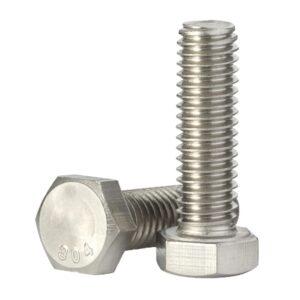
About
Flange bolts, also known as flange screws or flange head bolts, are specialized fasteners designed to provide a secure, leak-proof connection between two components, particularly in high-pressure and high-stress applications. These bolts have a flanged (wider) head that acts like a built-in washer, distributing the pressure and reducing the risk of damage to the material being fastened. Flange bolts are commonly used in automotive, construction, and machinery applications where secure and reliable fastening is critical.